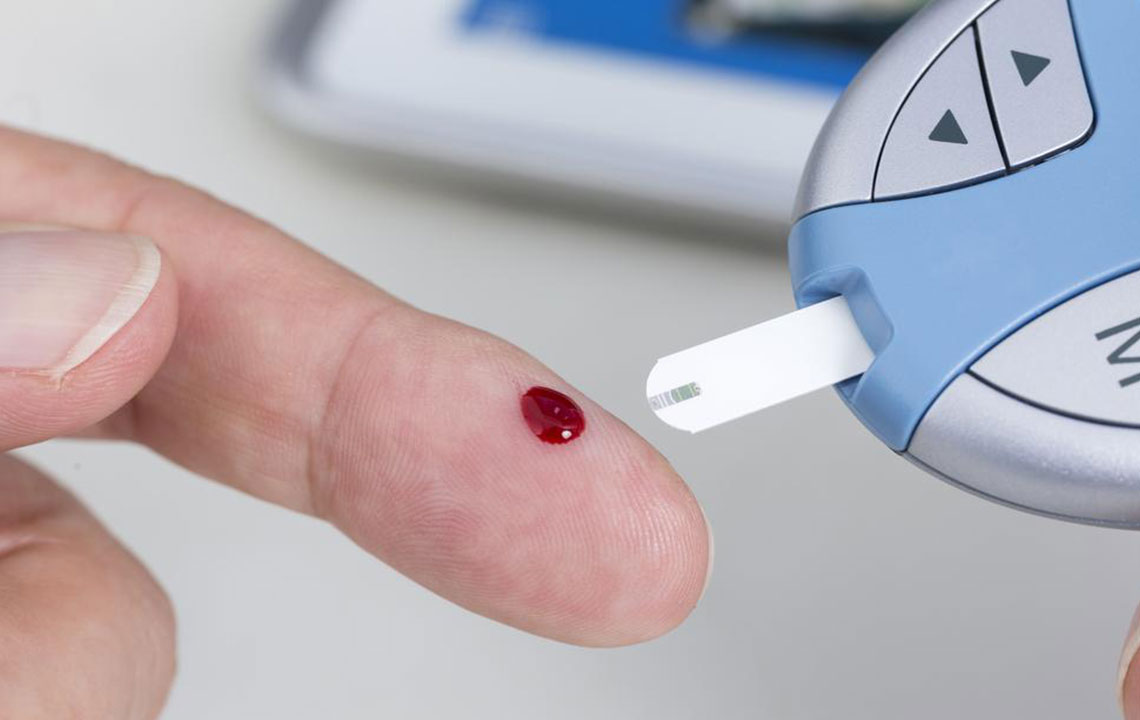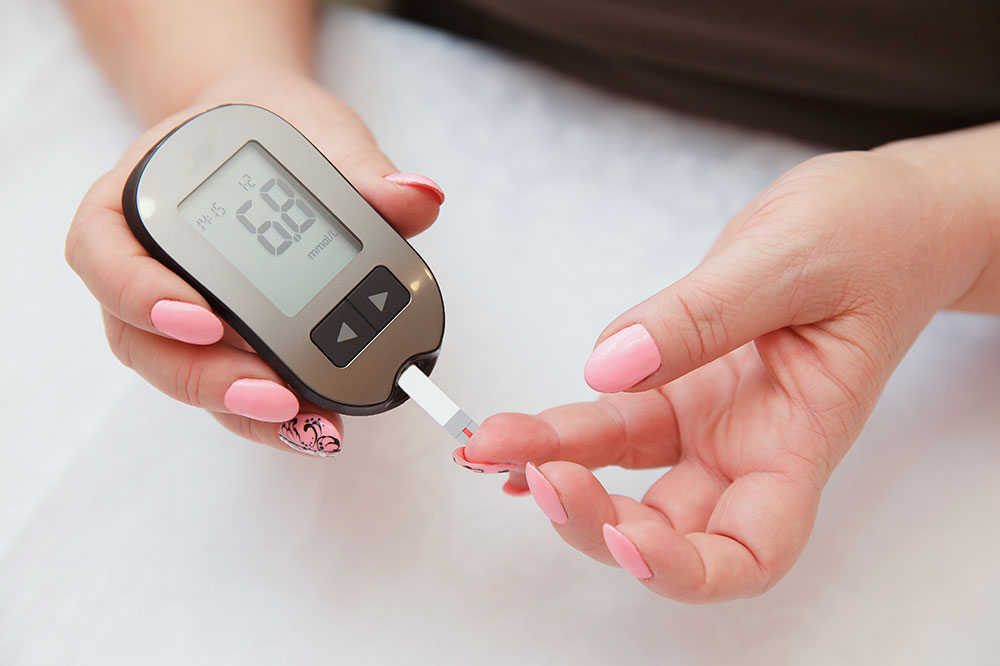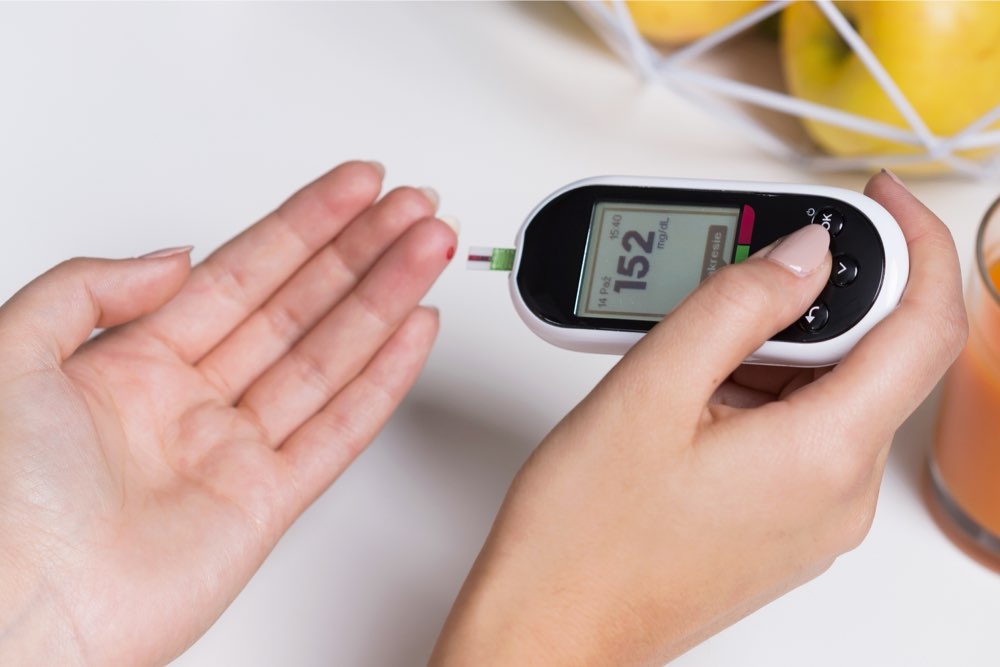Effective Natural Methods to Regulate Blood Glucose Levels
This comprehensive guide explores natural strategies to manage blood sugar effectively, emphasizing lifestyle changes like diet, exercise, and sleep. With expert tips on weight management, nutrient intake, and stress reduction, it offers practical advice for individuals looking to improve blood glucose regulation and overall health. The article stresses the importance of sustainable habits and consulting healthcare providers for personalized care. Perfect for those seeking natural approaches to diabetes management and blood sugar control, its insights aim to promote long-term wellness and prevent complications.

Effective Natural Methods to Regulate Blood Glucose Levels
Maintaining a healthy, balanced lifestyle is fundamental to preventing and managing health challenges associated with stress,poor dietary choices, and sedentary habits. While some health conditions are inherited, many develop due to daily lifestyle behaviors, including diet, exercise habits, and sleep patterns. Among these, diabetes stands out as a prevalent chronic disease influenced by both genetic and lifestyle factors. Ensuring blood sugar levels remain within a healthy range is critical not only for managing diabetes efficiently but also for enhancing overall well-being. Regardless of the treatment approach, prioritizing blood glucose regulation is essential for a healthier life.
Persistent high blood sugar can lead to serious health complications, including cardiovascular problems, nerve damage, and renal issues. Therefore, adopting necessary measures to control blood glucose levels is vital. Although diabetes is a lifelong condition with no current cure, making proactive lifestyle choices can significantly improve health outcomes and quality of life.
Consistently elevated blood sugar levels pose a risk to overall health, underscoring the importance of effective blood glucose management. Diabetes requires ongoing vigilance and lifestyle adjustments to prevent complications. Implementing practical, sustainable habits can assist individuals in maintaining healthy blood sugar levels, reducing the risk of related health issues, and promoting long-term wellness.
Achieve and Sustain a Healthy Weight
Carrying excess weight can lead to insulin resistance, impairing the body's ability to regulate blood sugar effectively. Incremental weight loss, such as reducing body weight by 5-10%, can substantially enhance insulin efficiency. Consulting healthcare professionals, such as dietitians, can help craft personalised weight loss strategies that favor stable blood glucose levels and overall metabolic health.
Adopt a Nutrient-Dense, Balanced Diet Focused on Complex Carbohydrates
Transition from processed foods and sugary snacks to wholesome options like fresh fruits, vegetables, lean meats, and whole grains. Complex carbohydrates, including oats, quinoa, and sweet potatoes, help slow glucose absorption, preventing sharp spikes which are common with simple sugars found in candies, baked goods, and sugary drinks.
Prioritize Regular Physical Exercise
Engaging in physical activity improves weight management, lowers blood pressure, and enhances the body’s sensitivity to insulin. Including activities such as brisk walking, cycling, swimming, or strength training for at least 30 minutes daily can make a significant difference in blood sugar control. Consistent exercise also helps in reducing stress, which can negatively impact blood glucose levels.
Moderate Gluten Consumption, Particularly Wheat-Based Products
Emerging research suggests that gluten may influence blood sugar regulation in certain individuals. Limiting or avoiding wheat and gluten-rich foods might assist in maintaining more stable glucose levels. It's advisable to consult healthcare providers before making significant dietary changes.
Start the Day with a Protein-Rich Breakfast
Including proteins like eggs, yogurt, nut butters, or cottage cheese in your morning meal can aid in controlling blood sugar fluctuations. Proteins support satiety, help stabilize blood glucose, and assist in weight management, all of which are beneficial for diabetes control.
Incorporate Resistant Starch into Your Meals
Foods such as legumes, green bananas, oats, and whole grains contain resistant starch, which resists digestion and helps regulate blood sugar levels. Resistant starch not only stabilizes glucose response but also promotes digestive health and gut microbiota balance.
Opt for Nut-Based Snacks
Healthy nuts like almonds, walnuts, and pistachios provide beneficial fats, fiber, proteins, and essential vitamins. Consuming nuts as snacks supports blood sugar regulation, reduces hunger pangs, and contributes to cardiovascular health.
Ensure Sufficient, Quality Sleep
Adequate sleep—around 7 to 8 hours per night—is crucial for restoring bodily functions, regulating hormones, and maintaining blood glucose stability. Poor sleep hygiene increases insulin resistance and can exacerbate blood sugar issues. Incorporating sleep routines and creating a relaxing sleep environment are vital for overall metabolic health.
Adopting these lifestyle modifications can significantly aid in controlling blood sugar levels naturally. Consistency, awareness, and proactive habits empower individuals with diabetes or prediabetes to lead healthier, more balanced lives. While managing blood glucose requires ongoing effort, the benefits in reduced health risks and enhanced quality of life are well worth it. Remember, consultation with healthcare professionals is essential before making significant dietary or lifestyle changes to ensure they are appropriate for your specific health condition.





